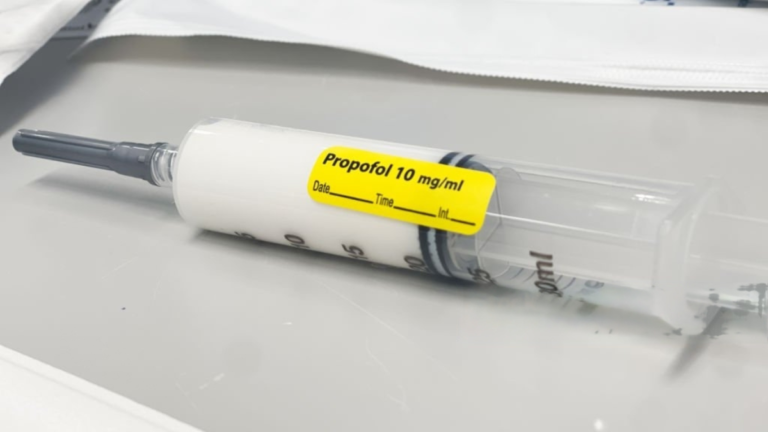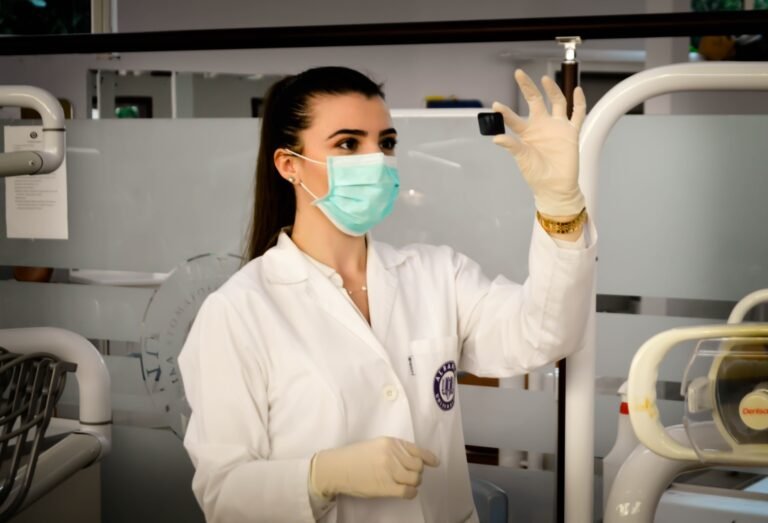Medical Record Translation: A Tool For Better Patient Care
Have you ever wondered how medical professionals who speak various languages communicate with their patients? This is when the need for the translation of medical records arises. A patient’s medical history, treatments, and prescriptions are all documented in their medical notes. Doctors must translate these notes appropriately to communicate with their patients, regardless of the languages they speak.
This article will discuss the significance of translating medical notes, its advantages, and the difficulties medical notes translation services face.
Benefits of Translating Medical Notes:
Better Treatment For Patients:
When clinicians have access to translated medical records, they can better comprehend their patients’ medical histories, treatments, and prescriptions and deliver superior care. As a result, patients can receive better care and a more precise diagnosis.
Conveying Your Message Clearly:
The translation of medical notes facilitates clear communication between medical practitioners. Improved collaboration and treatment outcomes result from improved communication between the various medical professionals engaged in a patient’s care, such as doctors, nurses, and specialists.
Cultural Awareness:
By reading translated medical records, professionals can better appreciate and care for their patients’ cultural identities. Correct translation aids a doctor’s ability to deliver culturally sensitive care, as cultural variations might affect healthcare attitudes and practices.
Universal Availability of Health Information:
By translating medical records, clinicians can gain insight into advancements in medicine worldwide. Doctors can better serve their patients by applying the newest findings worldwide if they have a global medical research and treatment perspective.
Overcoming Communication Obstacles:
Translating medical records reduces the language barrier between doctors and patients. Understanding patients’ health needs is easier when they can accurately describe their symptoms and concerns. Medical website Localization services offer practical ways to overcome any communication obstacle in these modern times.
Patient Empowerment:
When patients can read and comprehend their medical records, they have control over their health. Patients have the freedom to express their concerns, acquire more information about their conditions, and choose the most suitable course of therapy.
Enhanced Accessibility:
When medical website localization agencies translate medical records, it provides healthcare to a broader range of people. It guarantees that those who don’t speak the local language can still get the healthcare they need, which helps eliminate inequalities and expand access to medical treatment.
Legal Compliance:
Medical record translation aids hospitals in meeting linguistic access mandates set forth by law. Accurate translation of medical records ensures compliance with regulations requiring the provision of language services in many countries.
Challenges of Translating Medical Notes:
Confusing Jargon:
It can be challenging to accurately translate the specialized and technical vocabulary in medical notes. The accuracy of a translation relies on the scientific translation service‘s command of both the source and target languages’ medical vocabularies.
Subtleties of Culture:
Translators face difficulties while attempting to bridge cultural gaps in understanding medical concepts. They must be sensitive to cultural differences to ensure that medical notes are understood and translated accurately.
Limited Time:
Time and careful consideration are needed when translating medical records. When it comes to patient care, translators frequently face time constraints, striving to meet deadlines while maintaining precision.
In cases of emergency, medical records frequently need to be translated quickly. Accuracy and quality in translation must be maintained under intense time pressure. The pressure and stress of a tight deadline might be magnified when translating.
Privacy And Secrecy:
There are times when translators have to be extremely cautious. Medical information is supposed to be very secretive. And it is the responsibility of the agency or the translator to approach such information with adequate sensitivity. Complying with the laws and regulations is customary in this situation as well.
Maintaining Cohesion:
When translating medical notes and documents in healthcare settings, it is crucial to maintain consistency in vocabulary and writing style. Translators ensure that all translations are consistent and logical, even when working on several publications simultaneously.
Continual Learning:
The field of medicine is continuously advancing, including the development of new technology, treatments, and procedures. In order to keep up with the most recent medical developments and terminology, translators of medical notes are required to participate in continuous education and professional development activities.
Conclusion:
Translating medical records is essential for clinicians to communicate with their patients. Aside from crossing language barriers, the benefits of proper translation include better patient care, better communication, cultural awareness, and access to medical information from around the world. Translators must contend with specialized vocabulary, cultural references, time limits, secrecy concerns, and linguistic inconsistencies. Despite these obstacles, the critical job of medical note translators ensures that patients’ opinions are heard in the healthcare system and that doctors can offer high-quality care.







